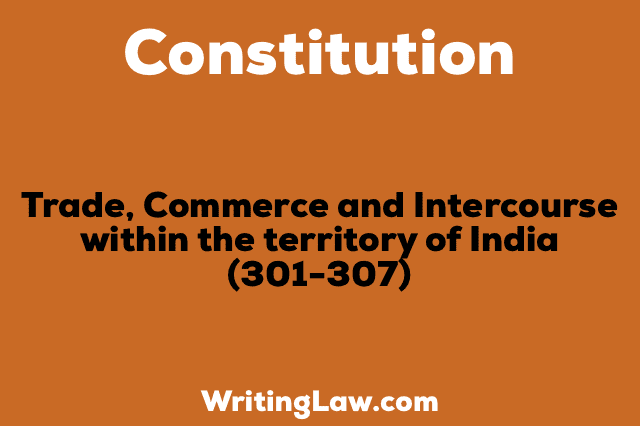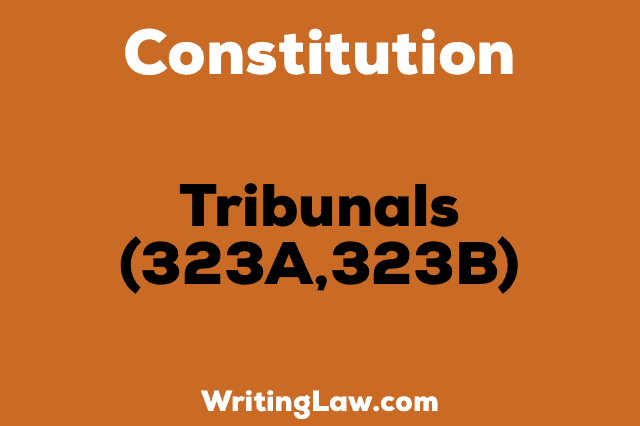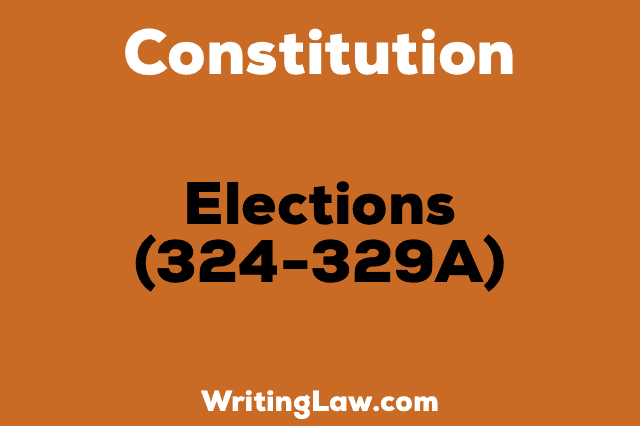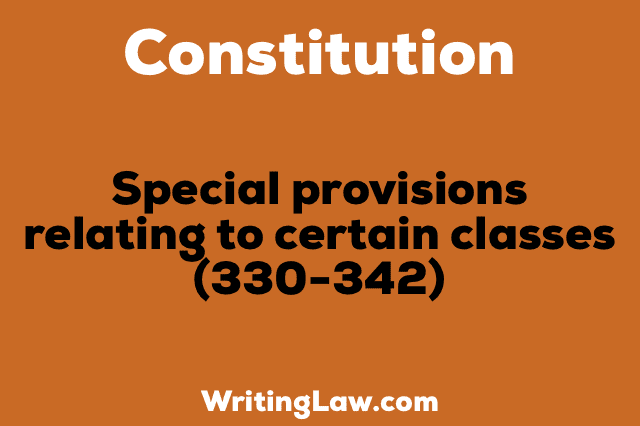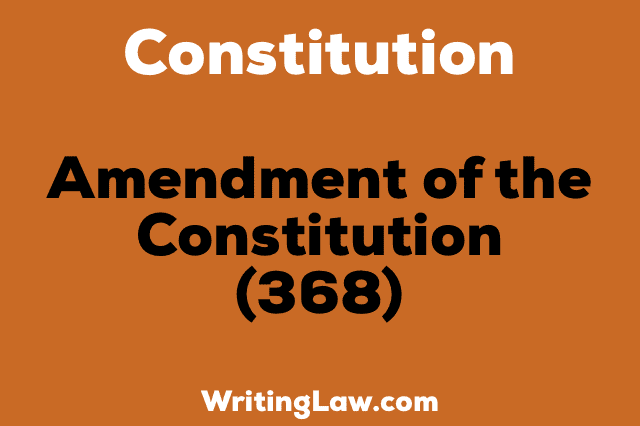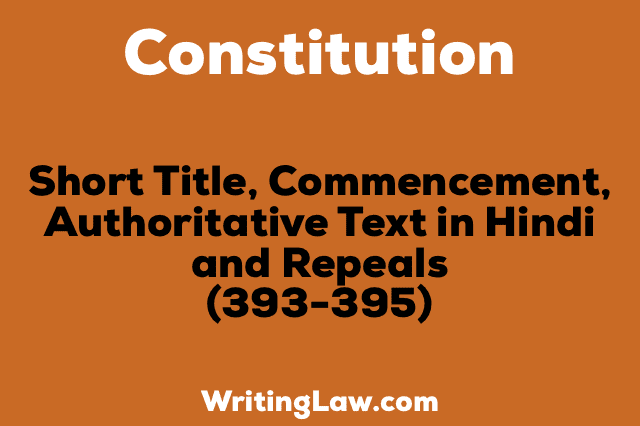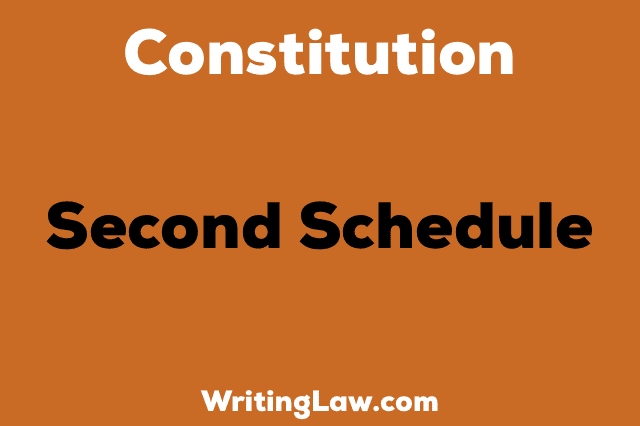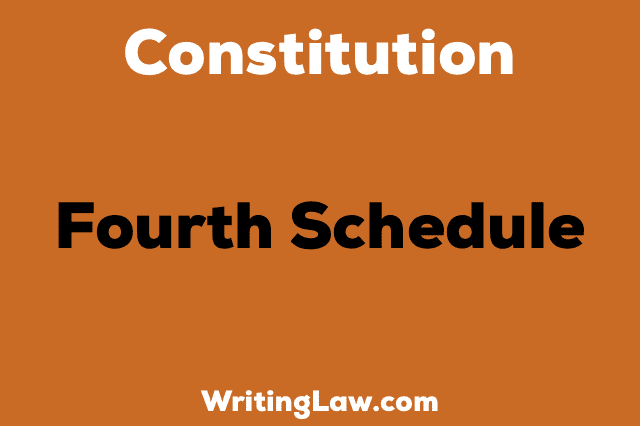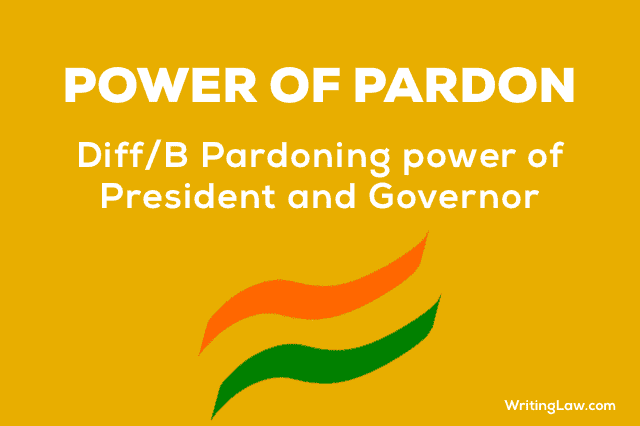Part XIII of the Indian Constitution – Article 301 to 307
Trade, Commerce And Intercourse Within The Territory Of India
Article 301 – Freedom of trade, commerce and intercourse.
Article 302 – Power of Parliament to impose restrictions on trade, commerce and intercourse.
Article 303 – Restrictions on the legislative powers of the Union and of the States with regard to trade and commerce.
Article 304 – Restrictions on trade, commerce and intercourse among States.
Article 305 – Saving of existing laws and laws providing for State monopolies.KEEP READING
